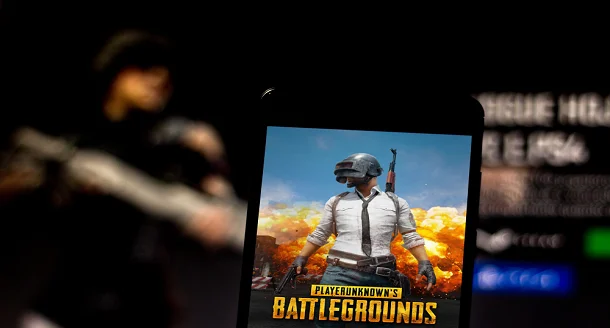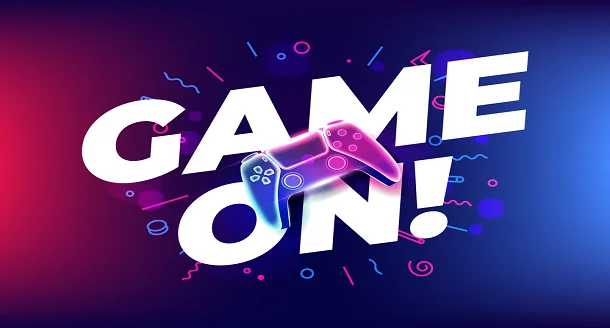Gaming can improve students’ memorization skills and attention span. The content that they learn in school is directly related to their ability to remember it. Video games put students in a variety of situations that test their ability to learn and pay attention. In addition, playing video games can help students improve their decision making skills and memory. Moreover, students can learn from their mistakes and become better in their studies. But there are some disadvantages of gaming that make them unsuitable for the academic world.
Video games improve students’ attention:
Researchers are increasingly examining the impact of video games on students’ attention span. They’re trying to determine whether students can improve their attention span by playing these games. High-volume gamers outperformed those who played less. Moreover, those who played less frequently showed less evidence of paying attention. The benefits of playing video games in school are important for students’ learning. But what exactly can video games do to improve students’ attention?
They improve their decision making:
A meta-analysis of 111 studies on video games revealed that students who play action video games improved their spatial attention and multitasking abilities. This improvement is predictive of driving ability, according to a report in Psychological Bulletin. The benefits of gaming vary among different types, but on average, the average gamer improves his/her spatial attention by between 10 and 30 hours of play. The primary author of the report, Benoit Bediou, points out that different types of games have different benefits.
They improve their memory:
Video games are often equated with zoning out, but in reality they can improve learning skills and foster new social interactions. These games are often designed to put players in a variety of different situations, requiring them to think and memorize information. The researchers found that video games have a positive effect on learning history, physical education, and languages, but little to no evidence to support their positive impact on science and math.
They help them learn from mistakes:
One of the benefits of gaming is that it makes learning fun and less stressful. In games, players can make mistakes and recover. This is beneficial because grades are important and can affect other aspects of students’ lives such as parental approval, reduced car insurance rates, and access to medical school. Students can use games to practice and perfect their knowledge, while improving their skills and preparing for tests. They can also develop teamwork skills and improve concentration.
Students who play video games develop confidence and self-esteem. Some studies show that it can help them cope with stress and improve their heart rhythms. Other studies have found that playing games can help students learn different subjects. Many people have benefited from video games, and they have been used for a decade as a form of therapy. Video games can trick people into learning, and most of them teach a wide variety of subjects.
They improve their mental flexibility:
One recent study examined whether gaming improves student mental flexibility by promoting adaptability and attention. Participants were tested on their abilities to adapt to new situations, inhibit prepotent responses, and focus on information. The study is an important addition to the growing body of research into how gaming can improve cognitive flexibility. It also provides a practical, hands-on way to improve student mental flexibility. To read more, visit the article’s original source.
They motivate them to learn less popular subjects:
Researchers have found that students are more interested in less popular subjects when they are involved in gaming projects. Gaming allows students to inhabit different perspectives and understand more about different systems of thought. According to Matthew Farber, an assistant professor of learning sciences at the University of Northern Colorado, role-playing games are especially useful because they allow students to exercise their agency. Moreover, games are engaging and interactive, which encourages students to explore more about the topics they are interested in.
The games’ motivational effects were found to be boosted by the fact that they reward students for their efforts. Additionally, they provide opportunities for practice. Flight simulators, for example, allow students to fly and navigate a plane without risking their lives. Researchers from Rochester University reported that gaming improved students’ ability to solve problems and improve their overall performance. Similarly, multiplayer games increase students’ concentration, imagination, and memory.
Author Bio: Miguel Gabriel is a research-based content writer. He has worked in various industries, including healthcare, technology, and finance. He is currently working as an writer in Research Prospect famous for dissertation writing services and Report writing services. When Miguel is not writing or researching, he enjoys spending time with his family and friends. He also loves traveling and learning about new cultures.


